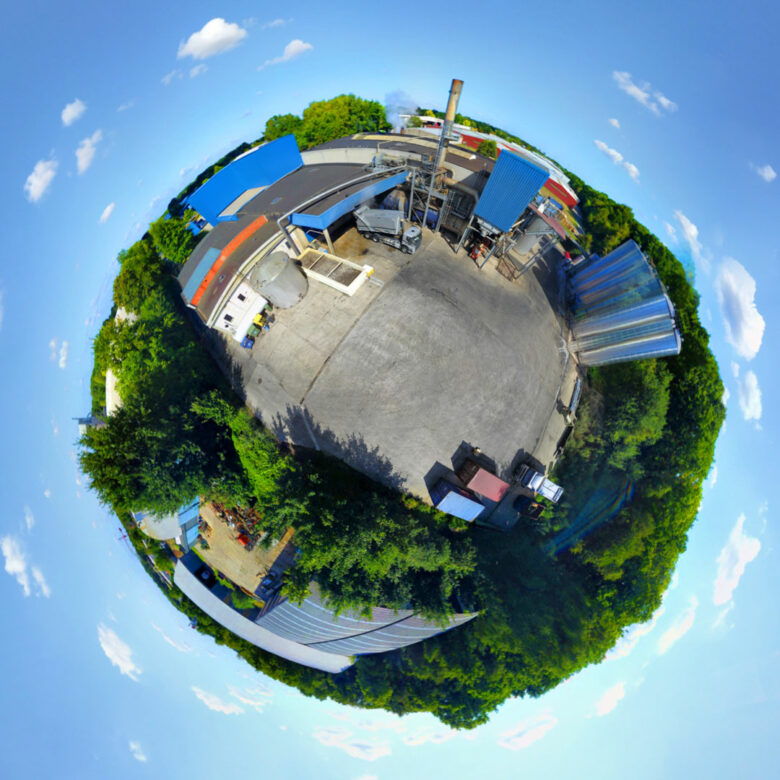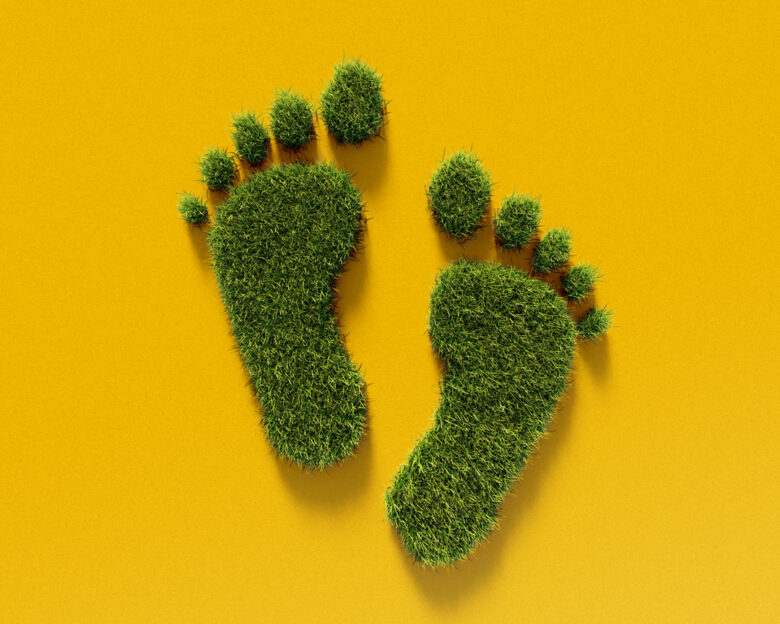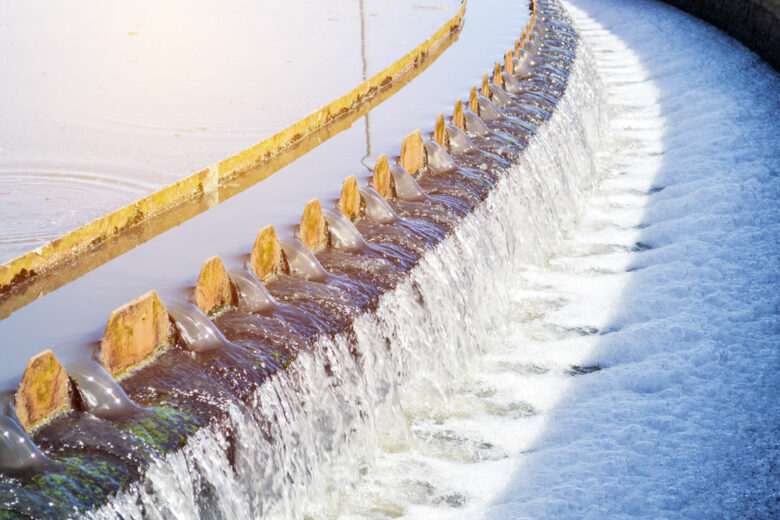Responsible for sustainability
Sustainability is at the heart of PROGA. We take full responsibility to play a leading role in the circular economy. Because we do not want to deplete finite resources of raw materials, we resolutely choose to produce residues for repurposing in the circular system, especially for biofuel, oleochemicals, shampoo, soap and detergents.
You can count on us to use advanced processing techniques that are innovative yet strictly controlled in order to produce only the best quality nutrients. We play an ecological role in both animals and soil. The result is high-quality raw materials which, when processed further down the chain, also belong perfectly in the hands of end consumer products.
Vision and mission:
- No waste;
- Efficient as possible processing of animal byproducts to create high-quality raw materials;
- Fresher longer;
- No harmful additives.


